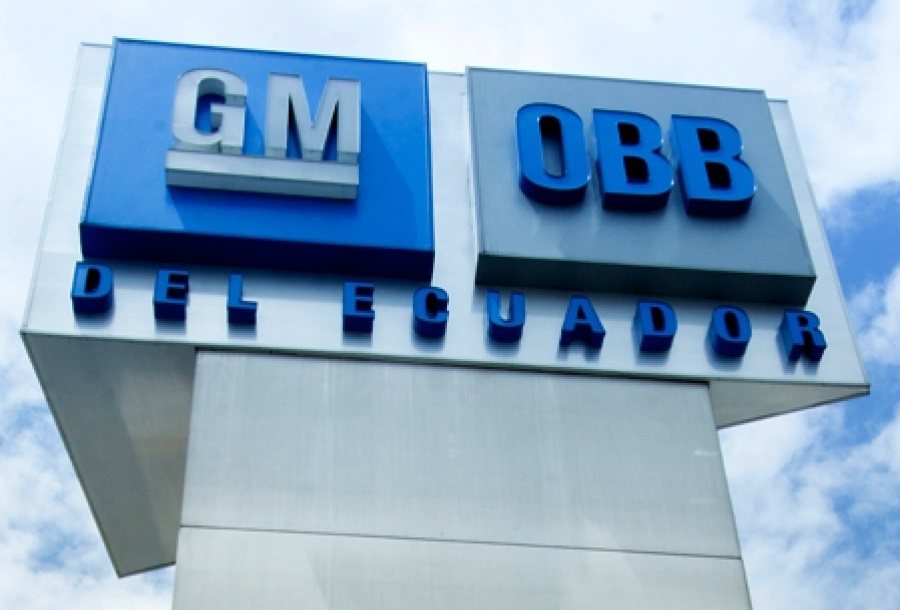Government says it is working on a plan to cut expenses for Ecuadorian businesses
Ecuador Finance Minister Carlos de la Torre says his office is developing “a number of innovative measures” to help the country’s businesses to become more profitable.

Finance Minister Carlos de la Torre (right)
“We need the private sector to perform well so it can generate more goods for export and more jobs for our people and the government can be a partner in this effort,” de la Torre said during a presentation Wednesday to business leaders. “The day when the government was the primary generator of employment is over. Now, this is the role of private business.”
Among the cost-cutting measures de la Torre says he is considering is a reduction in the amount businesses contribute to the country’s social security program (IESS), reduction of a variety of business taxes, and relaxation of regulation that affect bottom lines.
De la Torre said he is also considering raising the VAT tax on imported goods that compete directly with Ecuadorian products. He cautioned that this can only be done with products from countries that Ecuador does not have trade agreements with.
According to Luis Espinosa Goded, economics professor at the San Francisco University, Quito, de la Torre’s plan is based on a Spanish program to revitalize the private sector in 2014 during a period of high unemployment and business failures. “That program appeared to be effective and today the Spanish economy is much stronger,” Goded said. “There is a cost to government with such programs — basically it’s a subsidy — but with the right management, under the right circumstances, it can work.”
Ecuador business leaders say they like the idea but want to hear more details. Iván Ontaneda, president of the Ecuadorian Federation of Exporters (Fedexpor) and one of the six representatives of the private sector sitting on the government’s Business Consultative Council, said the “broad brush strokes” of de la Torre’s suggestions are good but that he has some concerns.
“The IESS program is seriously underfunded at the moment and it would not make good sense for businesses to reduce payments to it unless we are assured the government will pay the difference,” Ontaneda said.



















